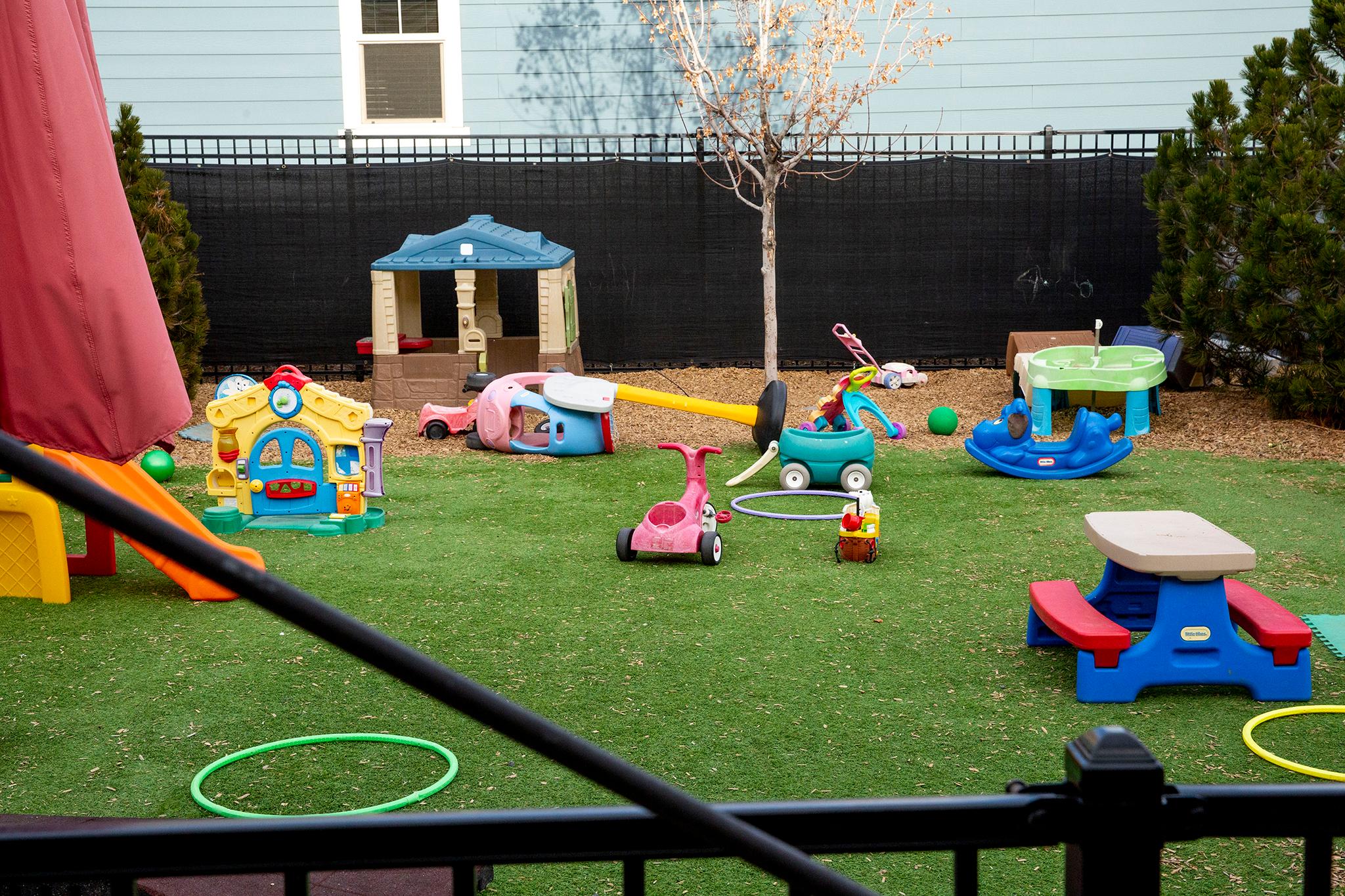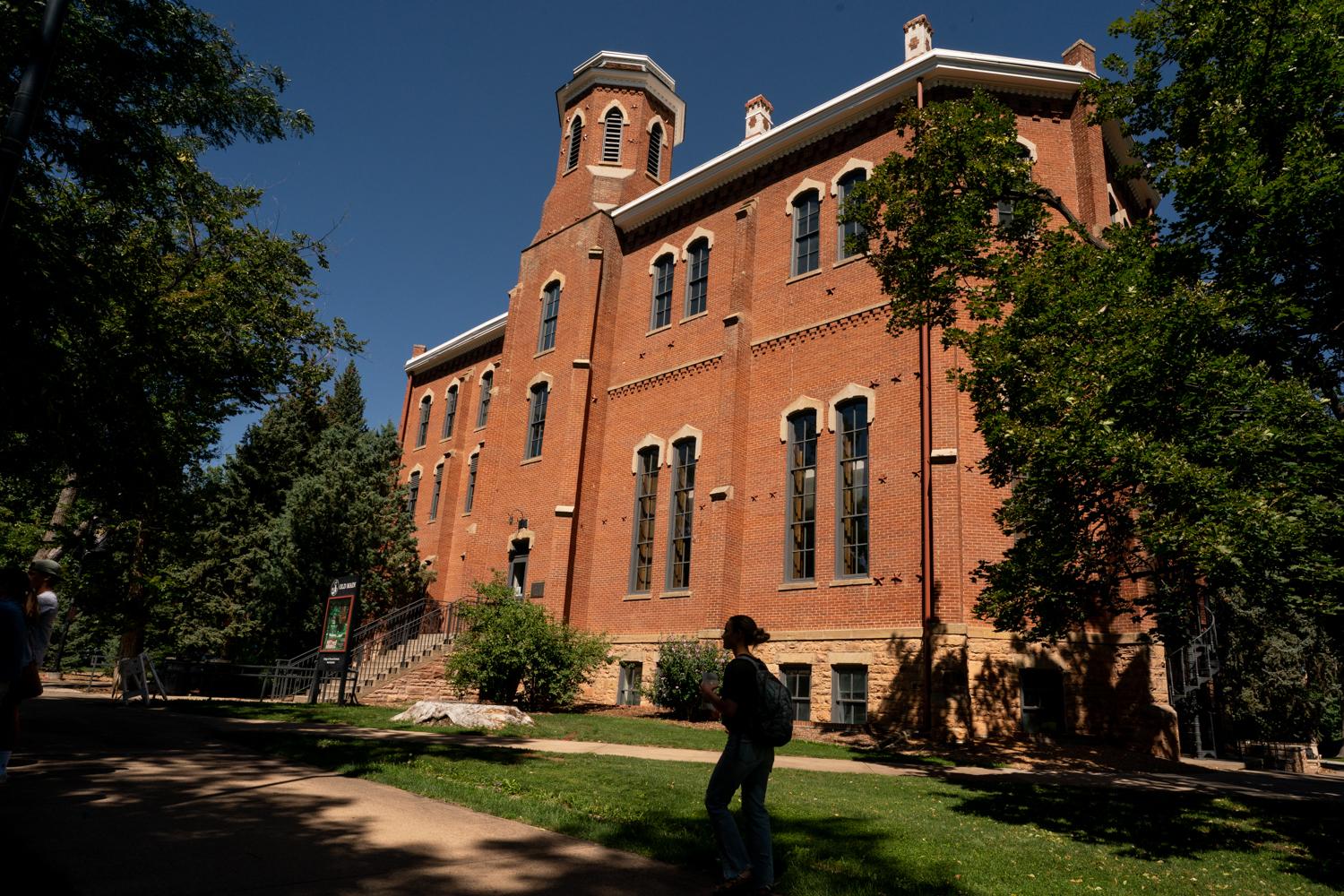
Under a new rule, families who haven’t signed up yet for universal preschool can now walk into a child care provider, sign up and send their child off to a classroom if there’s room without waiting for the state’s online matching system to finish the process.
Typically, families must first sign up through the state’s online portal, but that method has proved challenging for some families, especially those who are homeless or living in poverty. Preschools complained that they’ve had to turn away families who were lost in the system somewhere if they didn’t accept a match in a timely manner.
In a rule change formalized Sept. 22, the department of Early Childhood is temporarily allowing families who are not already in the portal to walk-in to a school district or community-based provider and sign up. Families will still have to sign up on the online application portal, but providers can help them at the same time they’re enrolling at the center or school.
“We're happy to provide enrollment to parents and kids in this situation who need immediate access to preschool, and this update is highly responsive to that reality,” said Ian McKenzie, spokesperson for the department.
The policy says that the provider should assist the family in selecting and accepting their program within the system. It calls for the provider to contact the local coordinator council – those are the organizations in each county that make sure a match between a family and a provider takes place – to finalize the application process.
“Our priority is to seat them as soon as possible, so they get as much preschool as possible, and families begin saving money immediately,” he said. Providers will be paid based on the date of enrollment for the seat the child receives until their application processes.
McKenzie said this doesn’t represent a change in UPK and called it a “formalization” of what providers have known and expected since program launch. When the change was made late last month, some providers interpreted it as a permanent change but “walk-ins” are temporary and are in force at the beginning of the school year, according to the department.
“Programs have been asking for this flexibility for the entirety of the year,” said Dawn Alexander, president of the Early Childhood Education Association of Colorado. “ECEA will continue to advocate for this to be a permanent policy going forward.”
Several school districts, meanwhile, filed a lawsuit in August asking for access to the online matching system to be able to place children in classrooms that will meet their needs, especially students with disabilities. In launching UPK, the department has maintained that the online lottery system that matches families is the equitable way to ensure high-quality programs are available for everyone.
So far, more than 38,000 4-year-olds and thousands more 3-year-olds are participating in universal preschool for between 10 and 30 hours a week. Families can still sign up here.








